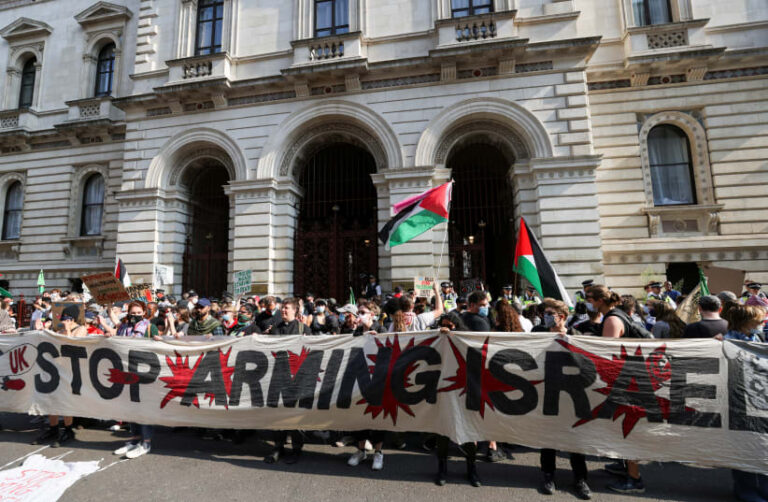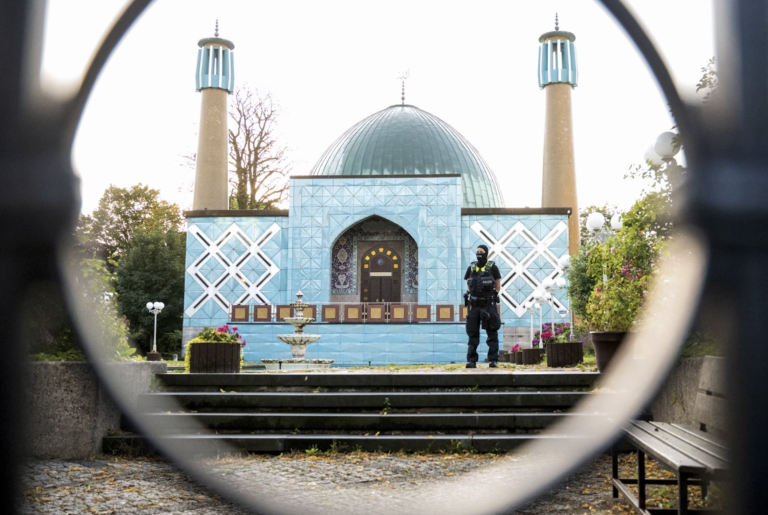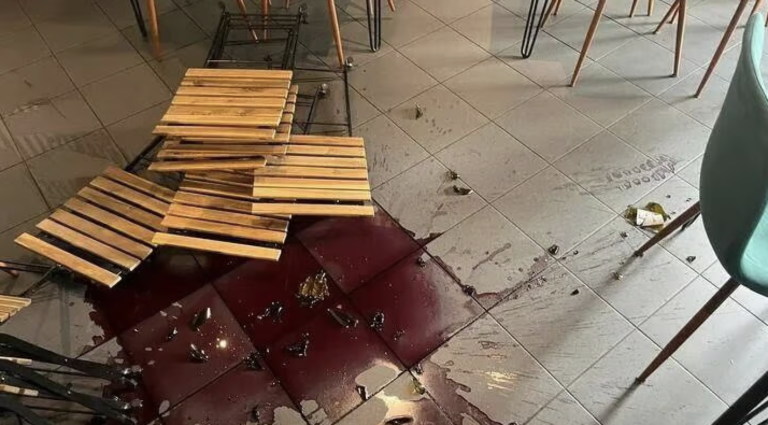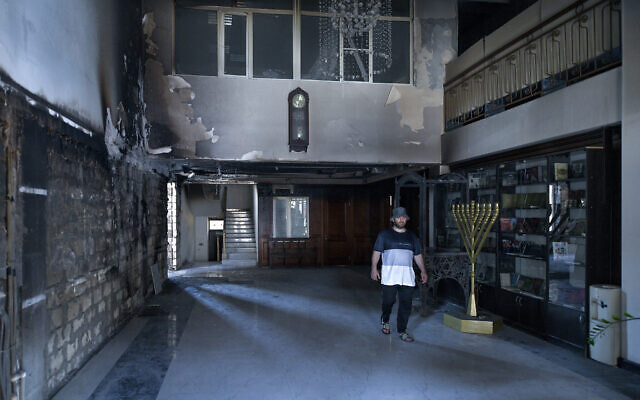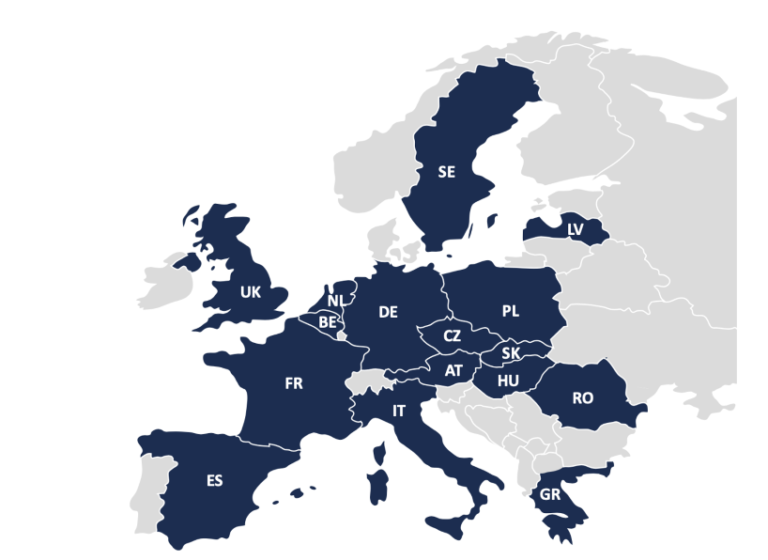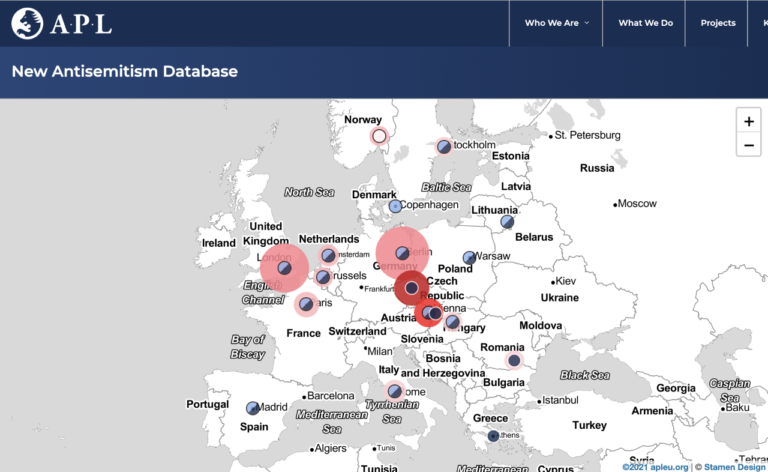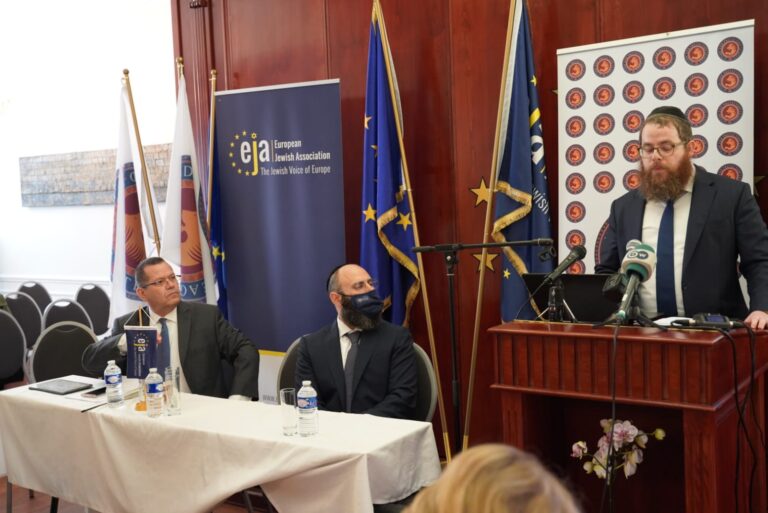A European poll conducted by the APL states that the number of antisemitic assaults doesn’t correlate with the antisemitism level of a country.
According to the survey of the Action and Protection League (APL) on antisemitism conducted in 16 Member States of the EU, anti-Jewish attitude is most common among Polish, Hungarian and Greek respondents. However, violent antisemitic acts are rare in these countries, while common in countries with a low antisemitic sentiment.
The survey conducted by Ipsos and the Hungary-based European Action and Protection League (TEV) was published on Tuesday. A total of 1000 respondents answered the survey question: “Do you think it would be best if Jews left this country?”
24% In Poland, 23% in Greece, and 21% in Hungary replied ‘yes’, which is higher than in most other Member States, yet violent attacks against Jews are rare in these countries. The trend is similar in Latvia, Croatia and Romania.
However, in countries with more recorded antisemitic incidents, most respondents refused the survey question, with only a few agreeing that Jews should leave the country. For example, a total of 2351 incidents were recorded in Germany last year, while 62% of the respondents answered ‘no’ to the survey question. The tendencies were similar in France and Great Britain.
In many countries with low antisemitic incident rates, the Jewish population is small, like in Latvia and Greece. In other countries, however, including Hungary, there is a Jewish population of 100,000, which is almost as high as in countries where violent antisemitic acts are more common – writes the Hungarian Jewish site Neokohn.
The study titled ‘Antisemitic Prejudices in Europe’ calls into question the general notion that standing up against antisemitic sentiment would decrease the number of violent acts against Jews. Founder of the APL Slomó Köves believes that focusing on one aspect of combating antisemitism – for example, on the education of the young – is not a solution, advocating a more holistic approach.
The survey is the framework of a two-day-long antisemitic conference held in Brussels, organised by the Action and Protection League, the European Jewish Association and the Consistoire. APL created an interactive map monitoring European antisemitic incidents, and published an announcement on its newly launched English website.
